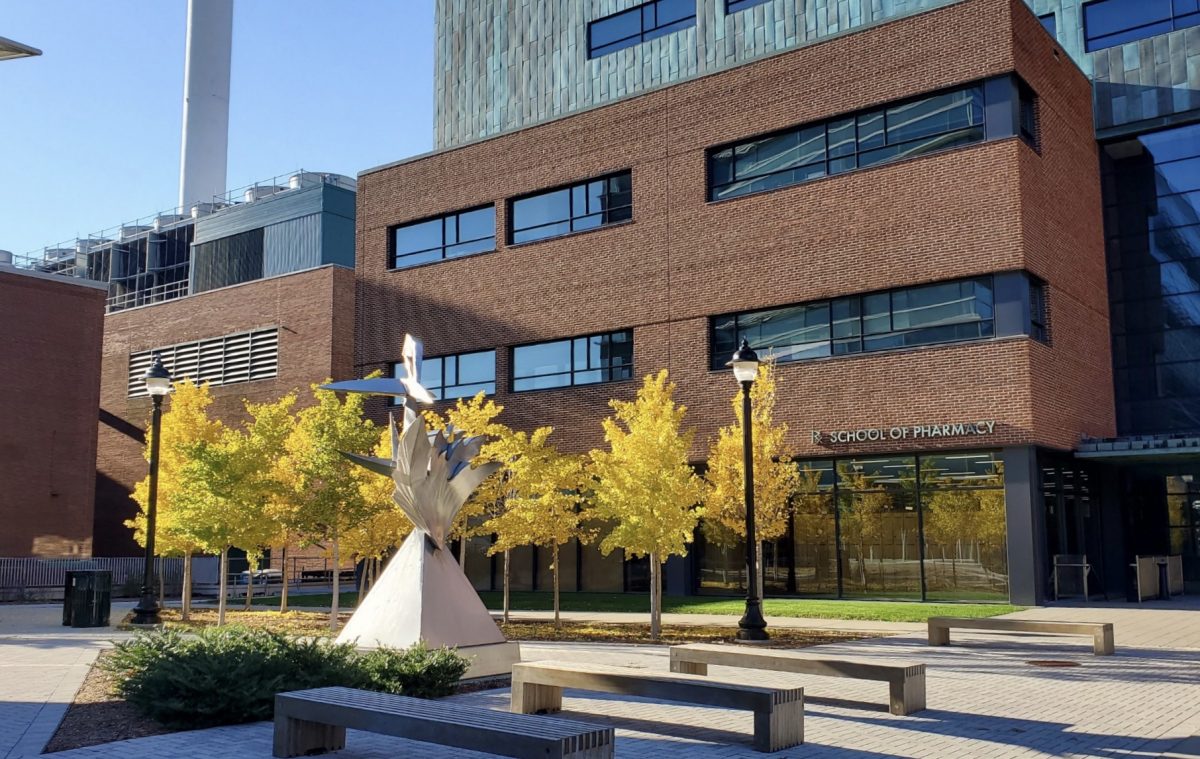We’re sorry!
What happened?
The UConn School of Pharmacy Continuing Education course you clicked on has expired but there are many more to choose from!
What to do?
Please visit our Continuing Education home page to select another course or use the black link buttons in the top right corner of this page to go direct to the page you wish to visit..
Questions?
Please contact Joanne Nault at joanne.nault@uconn.edu
